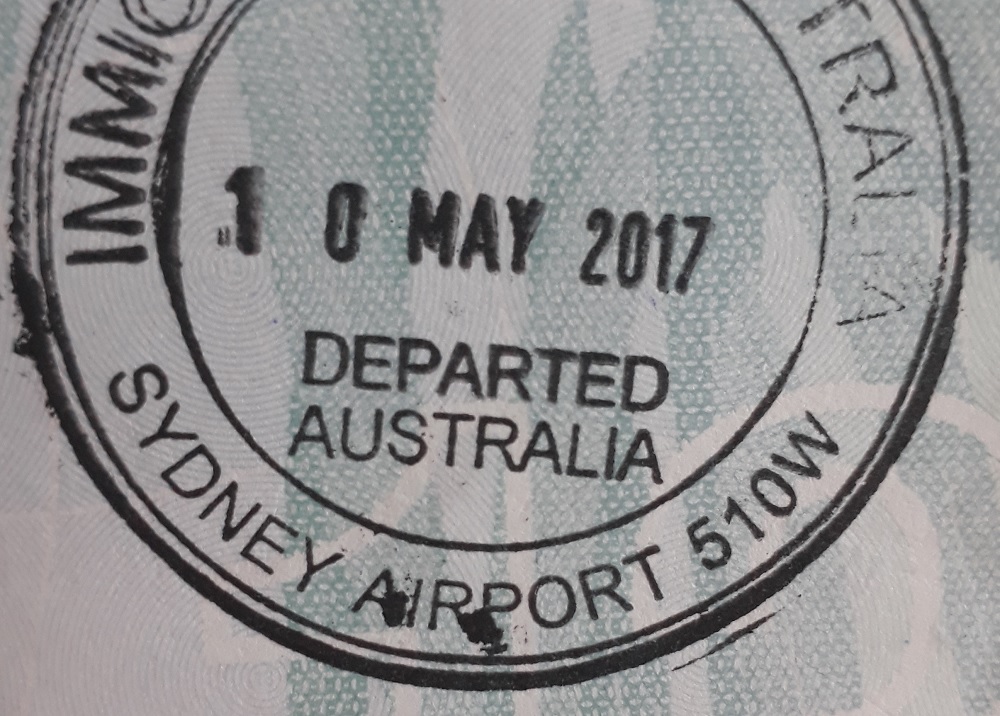Why we need a rethink of Australia’s citizenship revocation law

The logic behind Australia’s terrorism-related loss-of-citizenship provisions is meant to be brilliantly simple: if a person travels overseas to be a foreign fighter, and is a dual citizen, then under certain circumstances their Australian citizenship can be rescinded.
Three key arguments have been provided to defend the measure. First, citizenship revocation punishes those who have travelled to Iraq and Syria. Second, such legislation deters Australians who might consider travelling there. Third, it helps protect Australians from the threat of terror, as it means that those who went abroad can’t return to Australia to commit terrorist acts.
While this exclusionary approach might resonate with some Australians, there are serious flaws in those arguments.
In the first instance, the measure applies a geographically limited conceptualisation of the terror threat. At best, citizenship-loss provisions mitigate the risk of terrorism in Australia. However, as the tragedies of the 2002 Bali bombings, the 2017 London Bridge attack and the 2019 Barcelona attack illustrated, terrorism threatens Australians and Australian interests (a key aspect in the legislation) beyond our shores. We must remember that Australians love to travel—in 2018, 10.5 million of us travelled overseas.
The citizenship revocation measure amounts to a de facto terrorist exiling program for foreign fighters who have dual citizenship or are entitled to another citizenship. At best, this ‘you’re banned’ approach displaces rather than mitigates the threat. Arguably, many of those who lose their citizenship will simply look for a new ‘safe haven’. If, as is so often pointed out, terrorism is a global threat, then citizenship-loss provisions, on their own, do little to mitigate the global risk of terror attacks. In fact, they compound it.
Banning people such as New Zealander Mark Taylor, who had lived in Australia for 25 years before heading to Syria, or teenage Islamic State ‘bride’ Zaynab Sharrouf, from returning to Australia is counterproductive. Those individuals are small players in the IS story. In contrast, their effective deradicalisation would have great strategic value in the struggle to undermine the IS narrative.
Bryant Neal Viñas, al-Qaeda’s first American foreign fighter, has campaigned against Islamic radicalism since being released from prison. He also reviewed countless pieces of information, leading US prosecutors to describe him as the ‘single most valuable cooperating witness’ about al-Qaeda activities.
The threat from someone who believes in the ideas of IS or al-Qaeda isn’t mitigated by their loss of citizenship. Exiling them simply means that our security services will need to devote different resources to keep track of them wherever they may be. Alternatively, if their return to Australia can be managed, a range of security, legislative and community-based measures can be applied to mitigate the risk that they might pose.
While it remains true that individual journeys to violent extremism are uniquely personal, the best methods for disengagement and deradicalisation are still being found. The evidence base and empirical data on deradicalisation continue to grow rapidly. Over the past two decades, Australian authorities have accumulated a great deal of experience in countering violent extremism and in deradicalisation. This has given rise to some promising tools, such as the Proactive Integrated Support Model, or PRISM, managed by Corrective Services NSW.
Without ongoing supervision and wrap-around support services, the application of citizenship loss could result in known terrorist offenders being able to mount further attacks or engage in other nefarious activities in other countries. In many cases, those who lose their Australian citizenship could and do end up in jurisdictions with insufficient legislation, resources or will to manage them. In contrast, the ongoing management of a terrorist offender in Australia, while resource intensive, is likely to have a far more lasting impact in mitigating global terrorism risks.
Whereas there’s hope that terrorists incarcerated in or returning to Australia may be deradicalised, there’s little prospect of deradicalising those who end up in foreign jurisdictions due to citizenship loss. At best, there’ll be an opportunity for closely managed community monitoring. Arguably, terrorism-related citizenship loss may mitigate short-term risk but increase global risk in the long term.
Most terrorism narratives seek to establish in the minds of their current and potential members a sense of persecution, discrimination and isolation. The terrorist group offers a person a community, a place to belong and some greater purpose.
The terrorism-related citizenship-loss provisions unintentionally support those narratives. If a person’s citizenship can be cancelled, then surely their citizenship is worth ‘less’ than that of someone born in Australia. These circumstances can be easily crafted into a narrative that will resonate with people who already feel that they aren’t a part of Australian society. So, while the legislative provisions may mitigate the risk from one terrorist, they might also contribute to the radicalisation of many more Australians.
Earlier this year, Attorney-General Christian Porter referred the operation, effectiveness and implications of the terrorism-related citizenship-loss provisions in the Australian Citizenship Act 2007 for review by the Independent National Security Legislation Monitor, Dr James Renwick.
Last week, Renwick held a public hearing for his review. In our submission to the inquiry, Isaac Kfir and I argued that the logic behind these provisions is dangerously simplistic.